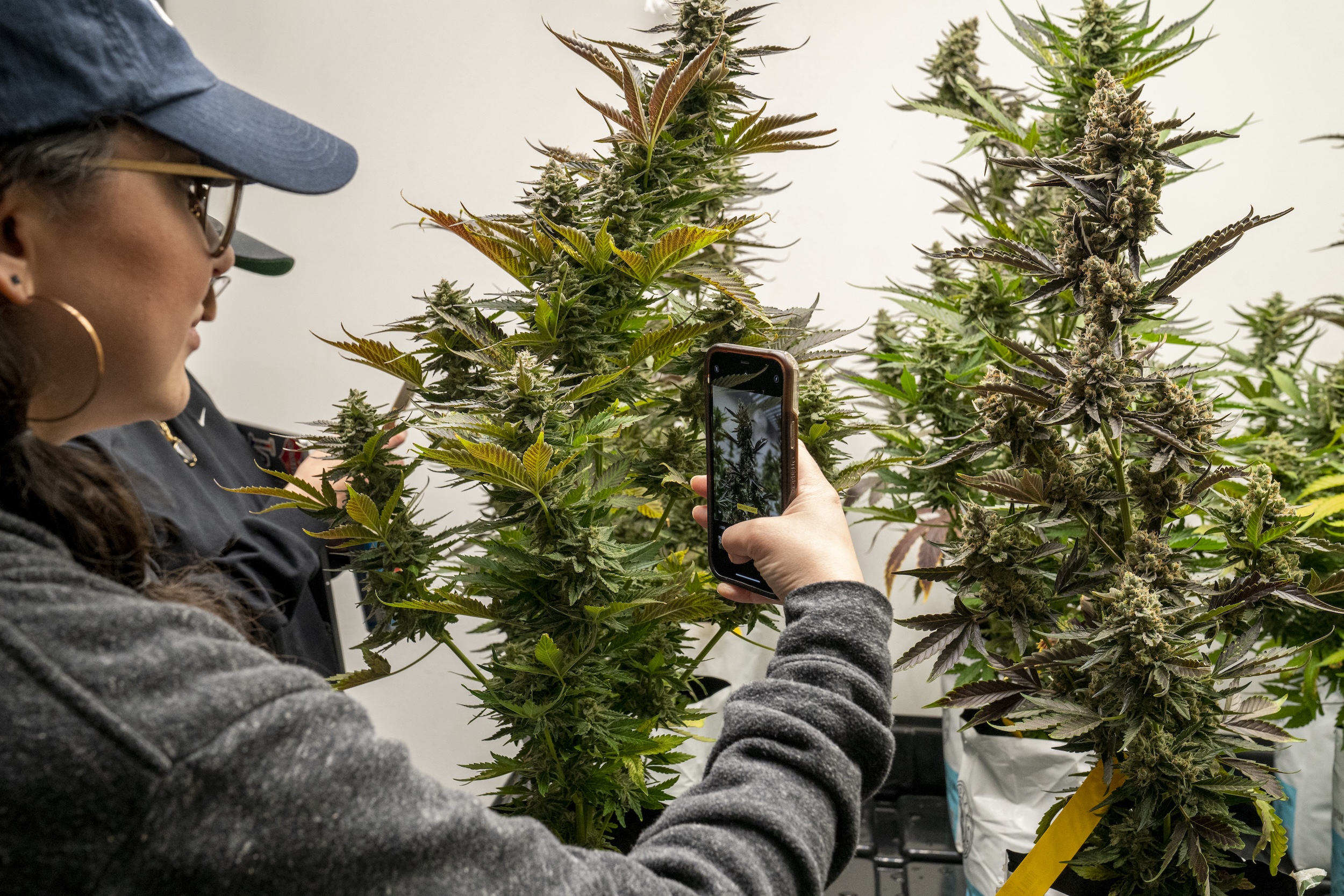
The Trump administration’s mantra is to cut waste and cut costs. So, it might seem unthinkable that the federal government would give an addictive industry a tax cut. But that’s exactly what many are proposing.
Last year, companies that make highly addictive and dangerous drug products spent more than $4.5 million convincing lawmakers that today’s high-potency marijuana and psychoactive THC drugs are safe. Among their top priorities was supporting former president Joe Biden‘s push to make marijuana a Schedule III drug. That would cost the federal government billions in revenue at a time when it needs every penny to close the budget gap and assist middle-income Americans struggling with inflation.
The addiction industry has marketed the effort to reclassify marijuana as a leap forward for research and criminal justice reform. In reality, it is neither of those things. Extensive research already occurs on marijuana in the United States and Europe, which is why we have a growing corpus of scientific and medical data about its harms, which include a significant risk of psychosis and schizophrenia. President Biden already signed a law in December 2022 that expanded research opportunities for marijuana without rescheduling the drug.
Criminal justice reform won’t be achieved, either. Rescheduling would not reduce any existing criminal penalties and, according to reports as recently as December 2023, no one is even in federal prison simply for possession of marijuana (you’d be hard pressed to find any in state prison, either).
Why, then, is Big Marijuana so desperate for rescheduling? It’s simple: it would save the industry over $2 billion annually. The crux of the issue is just one sentence in the IRS tax code, known as Section 280E. This provision prevents businesses that traffic in Schedule I or II drugs from deducting business expenses for tax purposes. The provision makes sense; companies that profit off dangerous, federally illegal drugs should not receive tax breaks.
Schedule III would release the marijuana industry from the constraints of Section 280E, resulting in a boon to corporate profits. Washington would also lose billions in annual revenue at a time when it is attempting to prioritize tax relief for Americans and closing the deficit.
House Budget Committee Chairman Jodey Arrington (R-Tex.) and Senate Finance Committee Member James Lankford (R-Okla.) are fortunately seeing the truth behind the sleight of hand and have introduced new legislation, the No Deductions for Marijuana Businesses Act, which would protect Americans’ health and safety and keep billions the federal coffers every year, regardless of whether the Trump administration backs the Biden rescheduling initiative.
Robert Nickelsberg/Getty Images
The No Deductions for Marijuana Businesses Act would amend Section 280E to specifically include marijuana, ensuring the federal government retains the billions in annual revenue that comes from the industry, regardless of the drug’s schedule.
To be clear, the bill would not levy any new taxes or penalties against the marijuana industry. It would merely cement the tax structure under which the industry has been operating for more than a decade.
The bill is already proving its political salience. It has powerful backers including House Freedom Caucus Chairman Andy Harris (R-Md.) and four House Ways and Means Committee members, including Blake Moore (R-Utah), vice chairman of the House Republican Conference.
And it would give lawmakers more room to cut taxes for families, which should be a no-brainer, even in today’s divided Washington.
If the marijuana industry is allowed to deduct its marketing and research and development expenses, the nation will end up with more addiction and more potent, industrialized drug products. The marijuana industry’s predatory marketing tactics already pose a detrimental threat to vulnerable communities.
Marijuana advertisements that push products designed to appeal to kids, like gummies and THC sodas, are proven to drive up youth use. The industry targets minorities and even pregnant women. Our tax policy shouldn’t incentivize industries that have demonstrated a caustic impact on our communities.
Few fights are as worthy as the battle to protect Americans from addiction and drug-induced debilitation. In the name of public health—and fiscal responsibility—Congress must incorporate the No Deductions for Marijuana Businesses Act into the final reconciliation package. We owe it to taxpayers, our youth and our nation’s most vulnerable communities.
Dr. Kevin Sabet is the president of Smart Approaches to Marijuana (SAM) and a former three-time White House drug policy advisor.
The views expressed in this article are the writer’s own.
